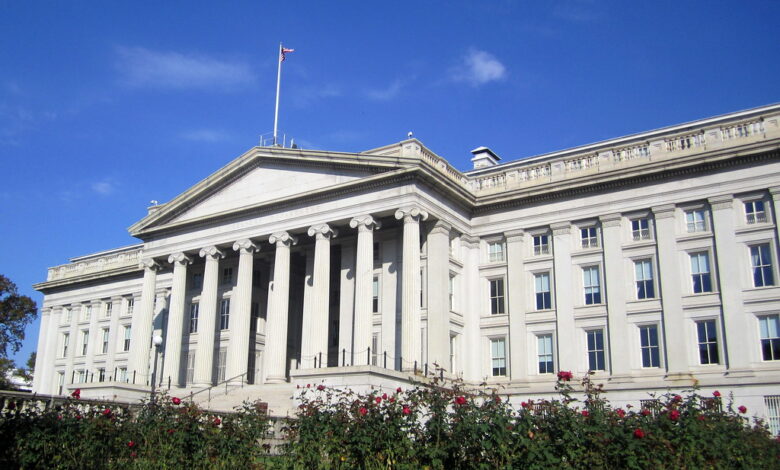U.S. and UK Disrupt Global Money Laundering Network Used by Russians
U.S. Treasury Sanctions 5 Individuals and 4 Entities Associated with the Network

The U.S. and Britain announced on Wednesday that they had disrupted what they described as a global money laundering operation used by wealthy Russians to evade sanctions, with the British authorities adding that it also laundered money for drug traffickers, criminals, and spies.
Britain’s National Crime Agency (NCA) said the law enforcement effort, codenamed “Operation Destabilise,” was coordinated internationally, involving authorities from 30 countries, including France, Ireland, and the United Arab Emirates. The operation has already resulted in 84 arrests and the seizure of over 20 million pounds ($25 million) in cash and cryptocurrency.
The NCA highlighted that the network’s activities spanned the UK, mainland Europe, the Middle East, and South America, facilitating serious organized crime globally.
The U.S. Department of the Treasury announced sanctions on individuals connected to the group, which had enabled Russian elites to use cryptocurrency to circumvent sanctions imposed after Russia’s invasion of Ukraine in February 2022. The Treasury imposed sanctions on five individuals and four entities associated with a large network of businesses known as the TGR Group, which facilitated significant sanctions evasion.
“Through the TGR Group, Russian elites sought to exploit digital assets — in particular U.S. dollar-backed stablecoins — to evade U.S. and international sanctions, further enriching themselves and the Kremlin,” said Bradley Smith, Acting Under Secretary for Terrorism and Financial Intelligence, in a statement.
The NCA revealed that the TGR Group operated alongside another network called “Smart,” which helped Russians under sanctions access the financial system. Rob Jones, Director General of Operations at the NCA, said, “For the first time, we have been able to map out a link between Russian elites, crypto-rich cyber criminals, and drug gangs on the streets of the UK.” He added, “The thread that tied them together – the combined force of Smart and TGR – was invisible until now.”
The U.S. Treasury also identified Ekaterina Zhdanova, head of the Smart network, who had been previously sanctioned by the U.S. Office for Foreign Assets Control for helping a Russian client transfer cash into Western Europe via fraudulent investment accounts and real estate purchases. Her location remains unknown.
The Treasury also targeted George Rossi, a Ukrainian national born in Russia, believed to control the TGR Group.
The NCA revealed that the Smart network had funded Russian espionage operations in the past and emphasized that both Smart and TGR networks were heavily reliant on cryptocurrency.
The agency described how criminal groups in Russia, holding cryptocurrency, would connect with drug gangs in other regions with equivalent amounts in cash. The networks would arrange to pay the gangs in virtual currency in exchange for their cash, which would then be laundered through cash-rich businesses, like construction companies. Afterward, the gangs could use the crypto to purchase more drugs or firearms without needing to move physical money across borders.
U.S. Treasury sanctions generally prohibit U.S. persons or entities from conducting transactions with those sanctioned and freeze any U.S.-held assets belonging to the designated individuals or entities.





